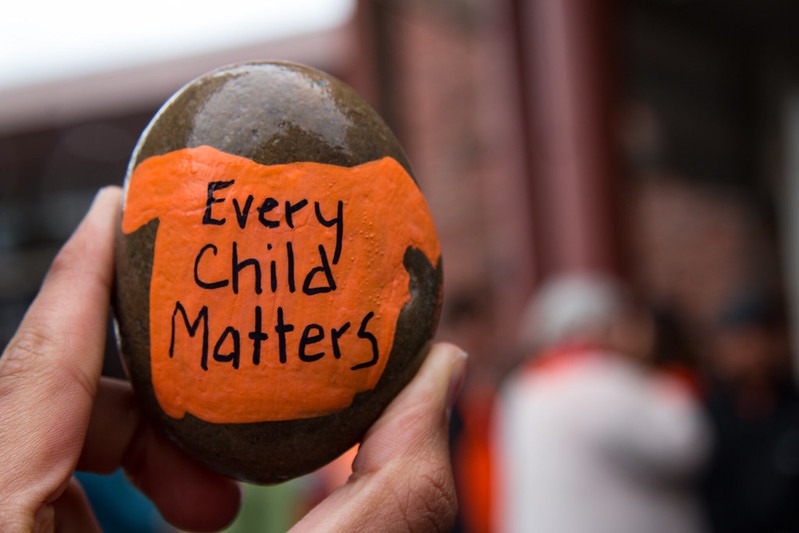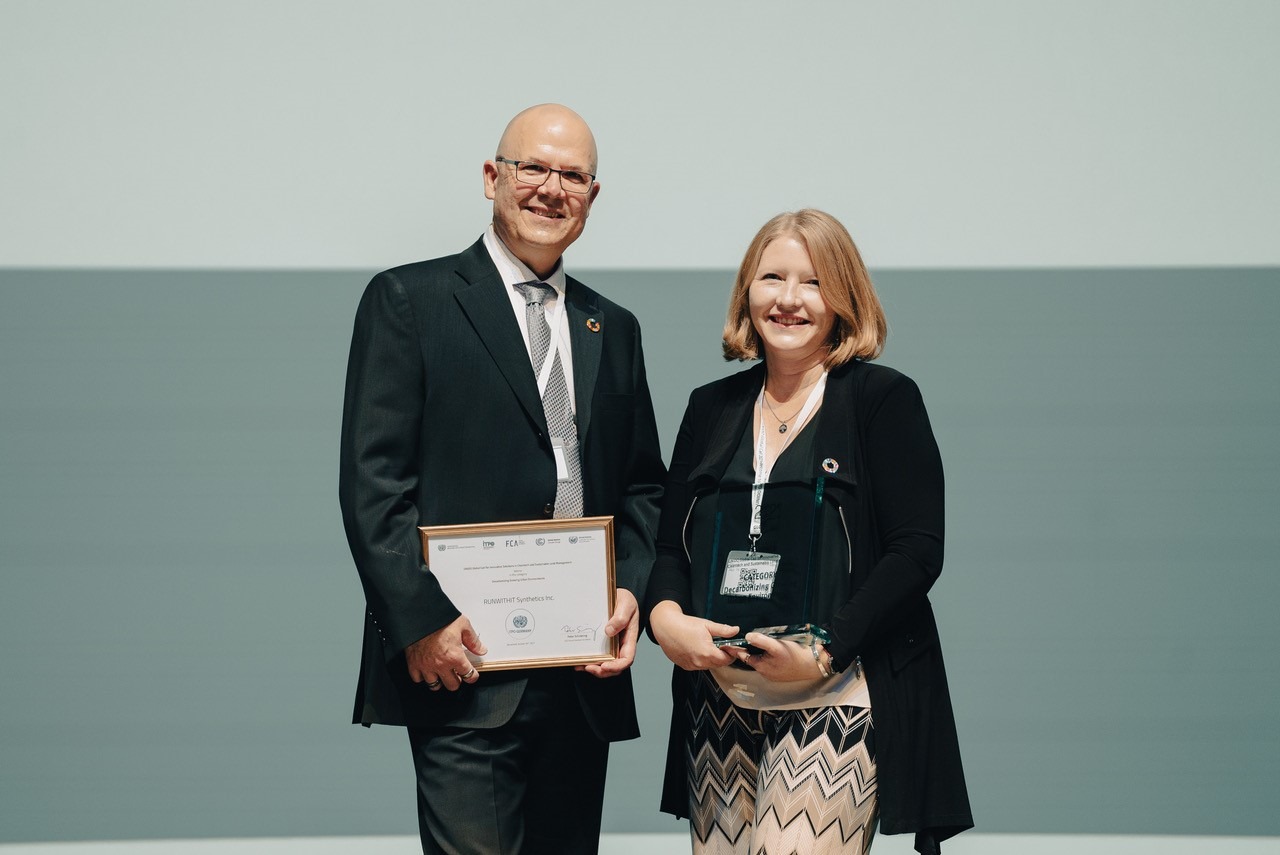
In June, the federal government passed legislation to make September 30th a federal statutory holiday called the National Day for Truth and Reconciliation. This day is marked to commemorate the legacy of residential schools and the profound impact they’ve had on generations of Indigenous Canadians.
While this day is a paid holiday for employees of the federal government, it is not yet recognized as a statutory holiday on the provincial level. As a First Nations company, and a member of the local business community, The CommAlert Group decided to mark the day as a paid holiday for its employees.
“It is imperative to set this day apart and use it to honour those people impacted, past and present, by residential schools, and the sixties scoop in Canada. If they are able to, I want to encourage my colleagues and other leaders in business to do the same within their organizations,” said Tim Carwell, President of The CommAlert Group and citizen of Beaver First Nation.
The CommAlert Group has encouraged their employees to use the National Day of Truth and Reconciliation to reflect. An email to employees suggested they take time to engage in personal acts of reconciliation. Suggestions included learning more about residential schools, Indigenous history, and supporting Indigenous artists and businesses.
Carwell also purchased orange shirts for his team from Cold Lake 1st nations Treaty 6 artist and order of Canada recipient Alex Javier’s family and encouraged them to post photos of them wearing them on September 30th, Orange Shirt Day.
“If you’re a leader in our communities and an ally, I encourage you to be intentional about this new national holiday,” said Carwell. “Give your staff a paid day off if you’re able to, wear your orange shirts on September 30th, and share them on social media. Take the time to listen and learn from Indigenous stories, especially from elders, and think about what truth and reconciliation really means.”
The discovery of 215 unmarked graves at the Kamloops Indian Residential School this spring brought to light the horrors of residential schools in Canada. This initial discovery led to many others across Canada, uncovering thousands more and counting.
As a result of these discoveries, the impact of residential schools has rippled throughout the country. It has been triggering for residential school survivors and their families. However, it has also brought a new awareness to this dark part of Canadian history and has provided opportunities for allyship, truth, and healing.
“On behalf of my mother, and other survivors I would humbly ask that we take time to recognize the National Day of Truth and Reconciliation. The legacy of residential schools must never be forgotten. This day allows us to recognize it, support each other, and work together along the path of reconciliation.”
Photo credit: Government of British Columbia via Flickr


